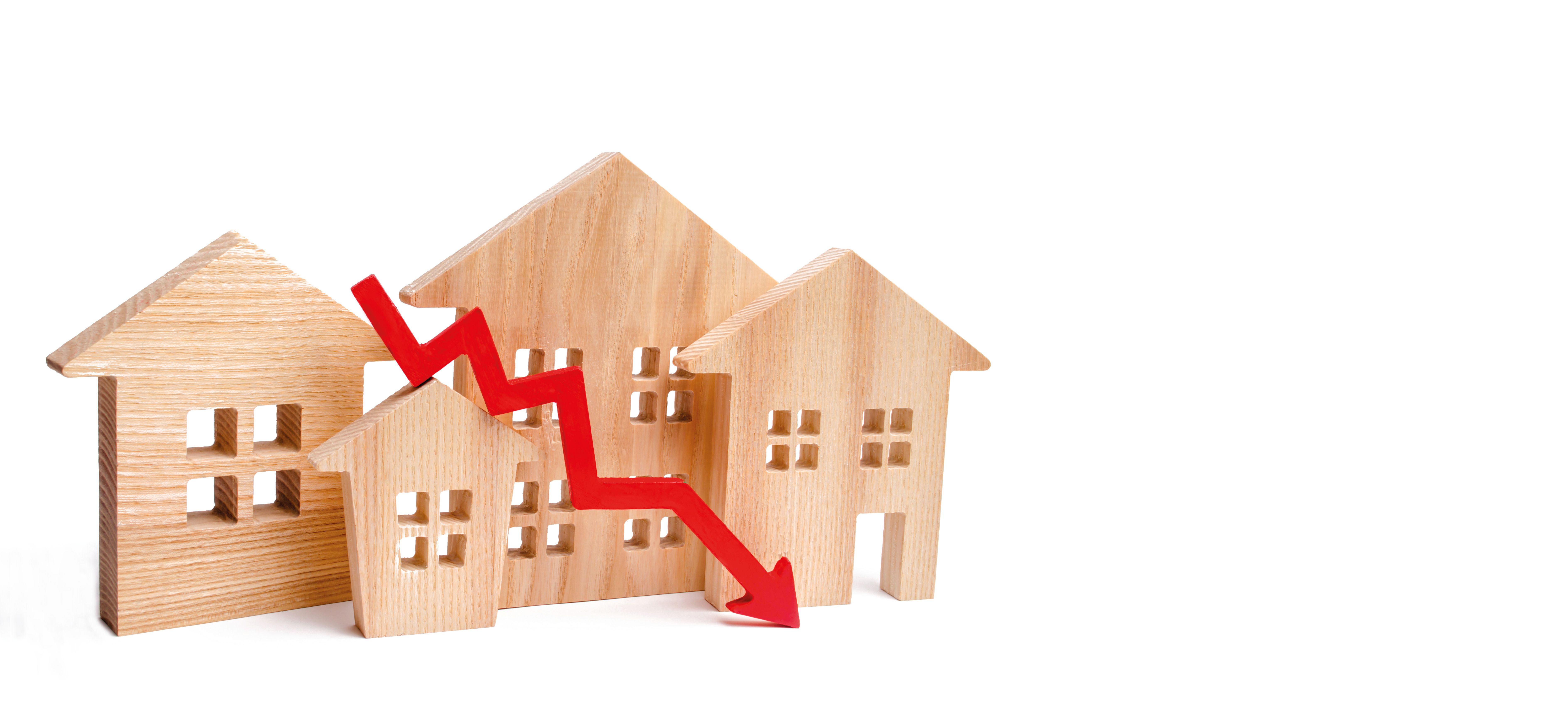
House prices are expected to fall by 4.5% on average next year, with a peak annual contraction of 6.2% expected in Q3 2023, according to the Centre for Economic and Business Research (Cebr).
The decline in house prices is expected following a sharp rises in mortgage rates, significant cost-of-living pressures, an impending recession, and anticipated resultant increases in unemployment.
While the recently announced energy price cap will bring some respite to households and businesses, Cebr says “these forces are nonetheless set to plague the economy for at least the next year”.
Many of those eager but unable to reach the housing ladder may rejoice at the idea of falling prices, as some expect this to make housing more affordable and therefore reduce inequality.
While those currently unable to reach the housing ladder will expect falling house prices to make housing more affordable, Cebr says the contracting housing market will bring economic pain for everyone.
Cebr says it is “unlikely” that falling house prices would improve affordability for prospective buyers at the bottom end of the distribution due to rising mortgage rates and falling real incomes.
Instead, it explains that lenders have a “tendency to push down loan-to-value ratios during periods of downturn means market accessibility at the lower ends is in fact set to worsen”.
It was suggested that falling house prices pose “an economic threat” regardless of one’s homeownership status.
As falling prices dampen confidence, reduce perceived wealth, and increase mortgage defaults, Cebr says this could lead to lower consumer spending, deeper recessions, and higher unemployment.
The latest data from Cebr’s and YouGov’s Consumer Confidence Index show that, behind worries about energy prices, concerns about home values were the second-most important factor driving consumer confidence into overall negative territory for the first time since May 2020.
The impact of consumer sentiment on household expenditure is particularly important in the UK, where consumption makes up more than 60% of GDP.
Within the current climate, Cebr says there “seem to be few advantages to the anticipated fall in house prices”.
It suggests that now could be a good time to “seriously consider” reviving the stamp duty holiday or introducing a complete overhaul of property taxation to help keep some life in the housing market and the UK economy more broadly.



